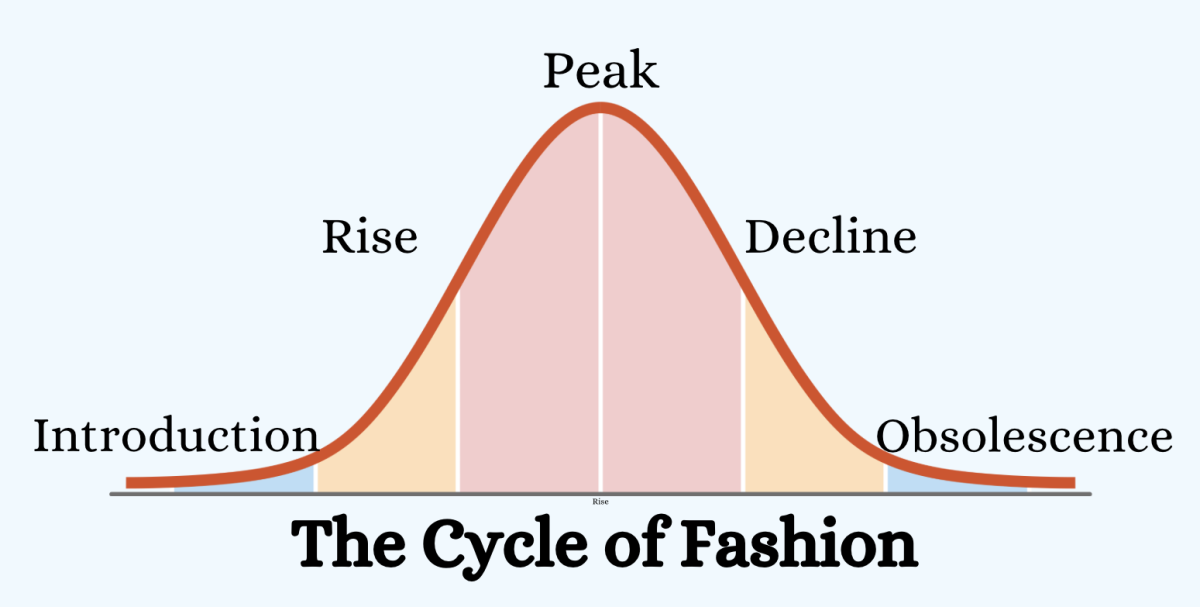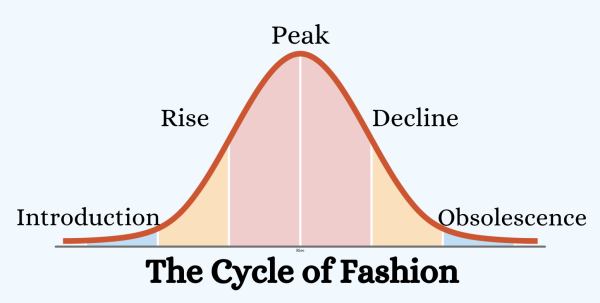Electronic vs. Physical Textbooks
February 17, 2015
Technology is rapidly advancing in every area of modern life. From video games to computers, from phones to entertainment, electronics are changing the way society learns and communicates. And now technology is starting to affect education across the world. Schools around the nation are faced with the choice of changing to electronic textbooks or keeping their regular, physical textbooks.
There are definitely both numerous pros and cons of changing to electronic textbooks and they can differ depending on the class subject the books are for. For example, some students might like electronic math book while they dislike reading electronic literature books.
Like many other students around the country, Mikey Bishara (10) expresses, “I like regular textbooks better than electronic ones, because the online textbooks never work when you need them too.” As useful and helpful the internet is, problems with electronic devices are inevitable. Whether there is a problem with the browser or wifi connection, students always run the risk of the online books failing to perform. This automatically creates unnecessary stress and worry for students, something that they do not need when they are simply trying to complete their assignments. Also, many students complain that they do not like to study and read from a computer screen. Tori Scharky (10) explains, “I definitely like regular textbooks better. Books just feel better and give you something tangible to hold.” Furthermore, online textbooks change the physical and visual connection students have to their studies.
On the other hand, many students and staff are in favor of the movement towards a more technological educational system. First of all, the school board’s main concern is the financial budget for textbooks. Online textbooks are much cheaper for the school because physical textbooks are much more expensive for the district. If YLHS were to have physical textbooks for every student in every classroom, the school would have to accumulate a large amount of funds. Typically, a cost this massive in size would force the district to get rid of other programs school, which are usual the fine arts programs. Therefore, the school officials most usually support the transition to online textbooks, because it is a good financial alternative to purchasing real books. Also, the convenience of online textbooks is appealing to students. Brandon Tong (10) commented, “As much as I like books, I really like how easily accessible online books are.” Students definitely appreciate having the unique feature of accessing the books from any smart phone or computer whenever they wish.
Clearly, the controversy surrounding the sides of regular vs. online textbooks is an important question that will affect the learning environment of the future educational system. There are definitely both positive and negative aspects to the action of schools begin to transition to more electronic resources.













































